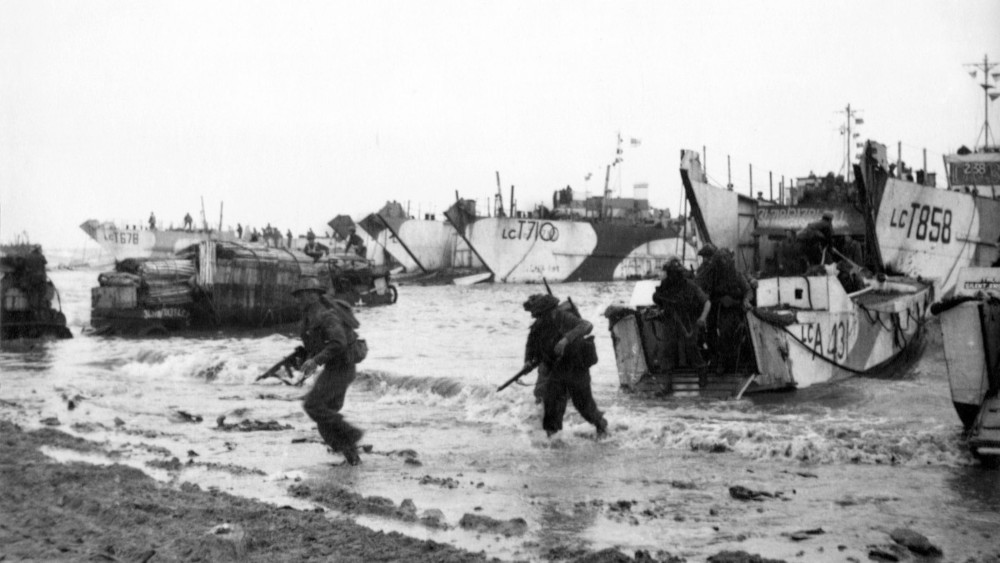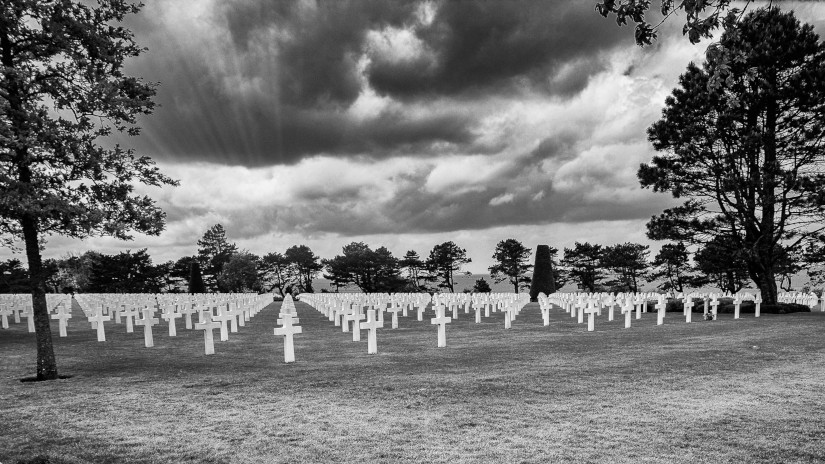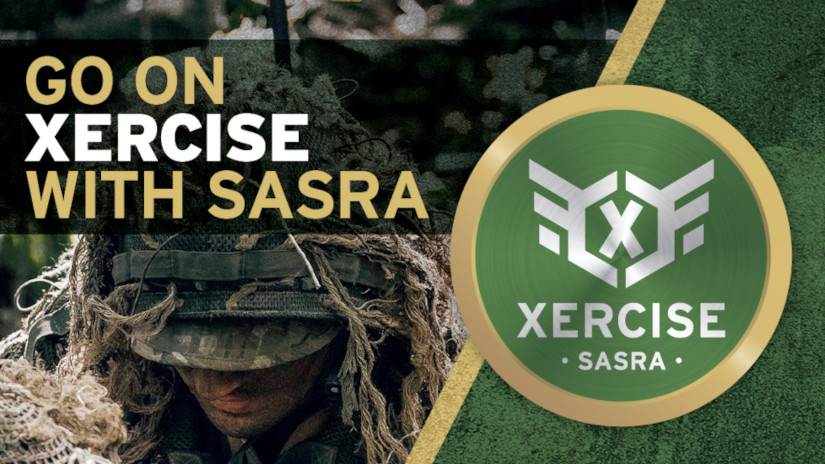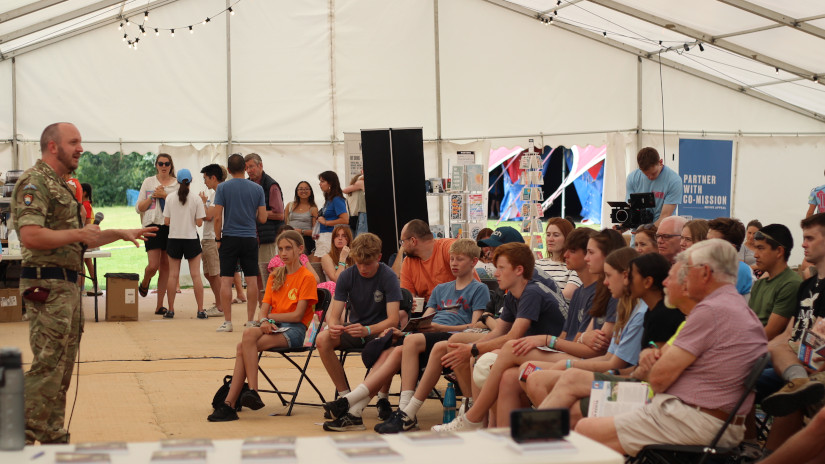Eighty years on since the D-Day Landings, there still stands a call to pray for members of our Armed Forces.
In Part One of this post, we saw how the hand of God can be seen in the ‘Miracle of Dunkirk’ during WWII. Before that event, the nation turned to God in prayer and over the six-year span of the Second World War, there were seven national days of prayer called in total. Three of those days were held within the first year.
Four years later after the ‘Miracle of Dunkirk’, in Spring 1944, the seventh and final National Day of Prayer was called, followed by the D-Day Landings on the beaches of Normandy.
‘SASRA prepared to send Scripture Readers to Normandy as soon as possible after D-Day...’
This was the largest amphibious invasion the world had ever seen in the history of warfare, months of meticulous planning commenced. British, Canadian, American and Commonwealth troops joined forces, and British intelligence worked hard to deceive the enemy on the dates and locations of this planned invasion.

Image: Commandos wading ashore from landing craft, onto the beaches of Normandy, June 1944. © Crown copyright
The history of that day is well known and well documented, and the victory of that day and the weeks following is still celebrated eighty years later. Though the war continued for another year after D-Day, it was the beginning of the end of the war in Europe. SASRA prepared to send Scripture Readers to Normandy as soon as possible after D-Day, and Scripture Readers worked with the invasion troops overseas, with those preparing to go over and with the injured troops and prisoners of war.
One of the reports from a Reader in 1944 says this:
I am very happy to report times of blessing. I have been working amongst the men back from the Normandy battle front. Both officers and men have given me a very vivid description of what faith in God means in the thick of the battle; many made the great decision on the field. The good seed sown in the days of preparation has brought forth fruit now, but in many cases, it was sown in tears: 'He that goeth forth and weepeth bearing precious seed, shall doubtless come again with rejoicing bringing his sheaves with him.'
As the war ended, this was published in one of SASRA’s former publications:
‘The whole nation, from the King down to the labourer has testified to their thankfulness to God for His overwhelming mercies and deliverances which we, as a people, have deserved so little…The task of the Reader is made more difficult by the prospects of a long and lasting peace, but his duties are as urgent as ever…. Let none of us be slack in upholding the Readers both by prayer and by gift. Let none of us think that because the war in the West is over the work of the Reader, and the necessity for that work has become any the less important.’
As we consider the Second World War, the events and prayers of times past, let us not think that the necessity of ministry to the Armed Forces has become any less important today. In many ways it can be more challenging for people to support the British military and those who work with them in the 21st century than it has been historically. As global situations and military conflicts develop, it becomes increasingly difficult to see how, humanly speaking, these tensions can be resolved. Wars are not black and white and many fall divided on which side is right or wrong and disagree with military and political decisions.
However, this does not create reason to withdraw support or to neglect praying for our Armed Forces and those who work with them—it makes it more vital. As we are unaware of what may happen in the future and how our troops may be involved, we must again turn to God in prayer for the salvation of many and the presence of Christian witness among them. Due in a large part to the sections of society from which the Armed Forces recruit, we estimate that only around 0.3% of British Army non-commissioned ranks are evangelical Christians.
‘SASRA exists for the same purpose today as it did during wars of the past: to serve those who serve and to tell them of the call to be a soldier of the Lord’s Army.’
This is far below the national average and is on par with the most unreached people groups in the world today.
As the Scripture Reader working with the Normandy troops said, ‘The good seed sown in the days of preparation has brought forth fruit now.’ The gospel needs to be shared with our soldiers now. They are the ones who may well be on the frontline of conflict in the future and so the prayers of the church for the outcome of the good seed that is being sown are essential.
Whether in times of peace or of war, SASRA exists for the same purpose today as it did during wars of the past: to serve those who serve and to tell them of the call to be a soldier of the Lord’s Army. Today, SASRA Scripture Readers all over the United Kingdom and beyond work behind the wire among our forces. With both your prayer and financial support, SASRA will continue to serve as they always have. Will you be a part of this mission?
PRAY WITH US

- As we approach the 80th Anniversary of the D-Day Landings, give thanks for those who fought and died in the largest seaborne invasion in history.
- Pray more Christians would understand that their prayers for the Armed Forces are as essential now as ever.








